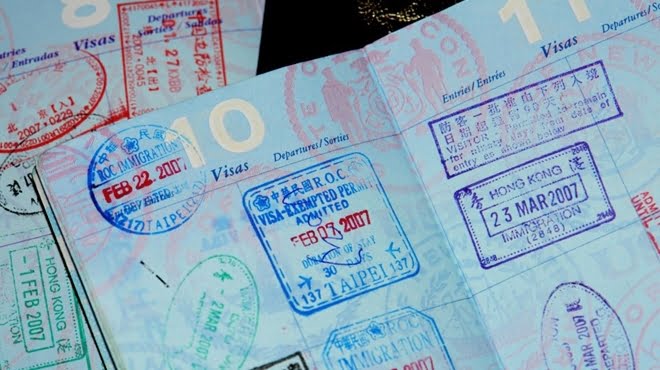A growing number of people over 50 are starting up businesses after realising that they have the skills and experience they need to be successful. And according to Arton Capital, starting up an offshore business is often more beneficial than registering and operating a local entity.
Dubbed ‘olderpreneurs’, these people are able to reinvent and refine business opportunities as they know the marketplace and have seen many business cycles through thick and thin, and this knowledge can be extremely beneficially for a new business venture, the second citizenship specialist company said.
Olderpreneurs are likely to have the advantage of having managed teams, having strong business networks, and being able to execute business plans, all of which aid in running a successful business. Proof of this is the rising number of companies run by bosses aged 65 and over: a jump of more than 140% in the past decade, and the biggest rise of any age group, the Arton said.
Jacques Scherman, MD for Africa at Arton Capital said that many destination countries offer a stable economy, streamlined tax structures and extensive visa-free travel, and will assist people who qualify to attain citizenship and start businesses.
“Investing in a second passport allows internationally-diverse entrepreneurs to benefit from different laws and tax situations in multiple jurisdictions and territories. Residency and subsequent citizenship of European countries like Portugal, Bulgaria and Malta, for example, can open up business opportunities that may otherwise not be available to business owners in their home countries.
“Dual citizenships can also hold many investment and tax advantages, allowing business owners to manage their wealth more efficiently and effectively,” Scherman said.
Arton pointed out that Portugal has a flat tax structure of 20% with no wealth tax. Citizenship by investment in Portugal can happen in a number of ways, including capital investment in research activities, in the arts, in the reconstruction and refurbishment of national heritage projects, and in investment funds or venture capital.
As a Bulgarian resident, an olderpreneur would benefit from the lowest tax rates in Europe and a free-trade environment, while also being able to fast-track citizenship from the standard five years to around two.
Again, citizenship of a member country of the European Union avails one of unrestricted rights to live, work and study anywhere on the continent, the group said.
Malta is an equally attractive destination for South Africans wanting to streamline offshore business operations, and has similar residency-to-citizenship requirements and opportunities, while Montenegro looks set to be an ideal investment location for people wanting to explore second citizenship opportunities in a few years’ time.
Scherman says that many of Arton’s South African clients who are looking for offshore business opportunities are concerned about the availability of skilled labour in destination countries, particularly in Europe as language barriers can exist – but this concern is unfounded.
“Most European destinations are committed to attracting and building wealth, and they often work with entrepreneurial residents to bring the right labour to where it’s needed so that new enterprises can contribute to their economies.”
The cost of acquiring a second citizenship varies, depending on the destination country. In the EU, passports come ‘relatively cheaply’ in exchange for an investment into government bonds or property. But, there are also good options in the Caribbean, as well as in the UK (although, post-Brexit, this is less attractive) Australia and New Zealand, and in countries like Singapore and Hong Kong.
The requirements also differ per country, Arton Capital said.
Scherman said that his clients’ cite many and various reasons for seeking second citizenships: “Some want an environment that’s conducive to doing business globally whether on a large or smaller scale. Some want tax-efficient structures and stable currencies to preserve their wealth, maximise succession planning and hedge the financial risks inherent to holding assets in rands.
“Some want to secure a more predictable future for their children and grandchildren, and some want a passport that enables them to travel the world easily,” he said.
